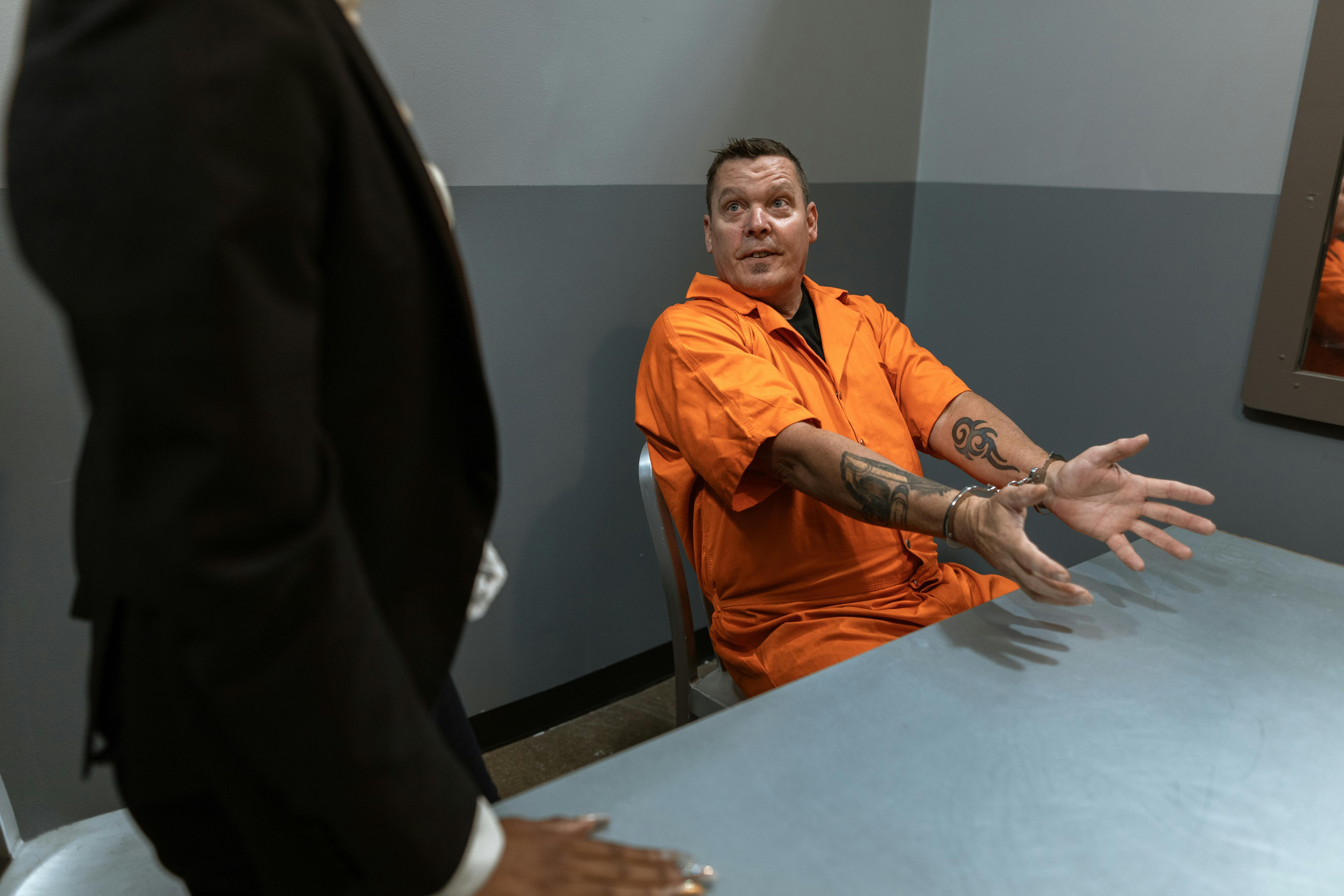Teaching the African Child of Today: An Analysis of Nigeria
Teaching the African Child of Today: An Analysis of Nigeria. In today’s world, the education system plays a critical role in shaping the future of society, from technological advancement to the acquisition of various skills and cultural shifts.
In this blog post, we will delve deeply into the present challenges and opportunities of training the Nigerian child in the present-day African sociocultural setting. We would also explore the strategies that can be employed to ensure a brighter future for the youth in this dynamic country.
This article became imperative to me as an Educationist and Accountant when I observed the trend of deterioration in the economic and social lives of the people.
This is a situation where most of the children have lost faith in education and virtuous life, thereby referring to education as a “scam.”
A dangerous trend when most of those who are opportuned to go to school cannot concentrate on their studies to read and pass. Rather, they pay to pass their examinations and sometimes through sexual commitments at higher levels.
It is sad to note that one in every five of the world’s out-of-school children is in Nigeria.
About 10.5 million children are not in school despite the purported free and compulsory primary school education policy that exists.
A look at the multifaceted crisis that affects the Nigerian youth of today shows the result of a failed educational system in the country.
From the present crop of leaders in all spheres, to agents of change such as parenthood, religious figures, schools, politicians, traditional institutions, media, and others.
There has been a downward trend in training and character formation.
A close look at the effects of this deteriorating educational system shows a proliferation of so many decadent youths. Many are involved in dangerous crimes such as advance fee fraud, cybercrime, kidnapping for ransom on a regular basis, organ harvesting, drug peddling and consumption, and terrorist activities.
For some of the young ladies who could not do these, they go into full-time prostitution on the streets, in school campuses, and in society in general. The question is, when did we start getting it wrong?
Some of the problems of today’s African child can be traced to the infusion of foreign cultures into some of our better cultural practices which nurture respect, communal love, hospitality to strangers, and fear of evil.
Certain acts were considered as taboos that attract spiritual and practical penalties.
While we accept that some of our cultural practices were barbaric and extremely oppressive, we should not have thrown away the baby with the bathwater.
Today’s avarice of doing anything for money by the Nigerian youths and elders, even to the point of killing family members, friends, and anyone, is despicable and alien to the original African culture.
The question of how we got here and how to retrace our steps to prevent most African nations, particularly Nigeria, from sinking into the abyss of humanity, becomes the critical reason for this article
The following topics will be adapted to analyse and propound sound, curated approaches to get this continent to a desirable progressive state.
II. INTRODUCTION
- Overview of the current state of education in Nigeria.
- Importance of training the African child for a better future.
III. HISTORICAL PERSPECTIVE OF EDUCATION IN NIGERIA
- Brief history of education in Nigeria
- Key milestones and challenges
IV. THE CURRENT EDUCATION SYSTEM IN NIGERIA
- Structure and components of the education system
- Strengths and weaknesses
V. FACTORS INFLUENCING THE TRAINING OF AFRICAN CHILDREN IN NIGERIA
- Socio-economic factors
- Cultural mix and influences
- Government policies and initiatives.
VI. INNOVATIONS AND BEST PRACTICES IN EDUCATION.
- Highlighting successful educational programs
- Integration of technology in education
VII. FUTURE OUTLOOK AND COMMENDATIONS.
- Potential opportunities for improvement
- Strategies for better training of the African child
VIII. CONCLUSION
- Summary of key points
- Call to action for stakeholders in Africa.


Add comment